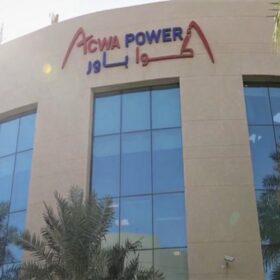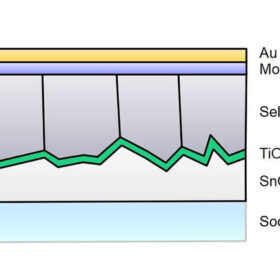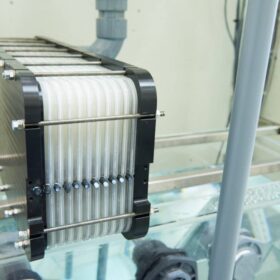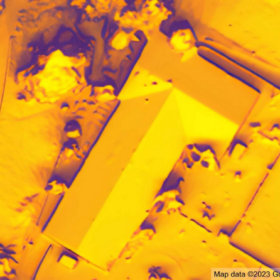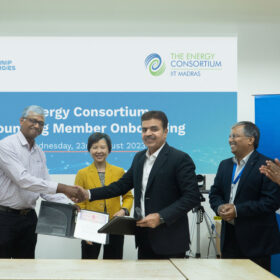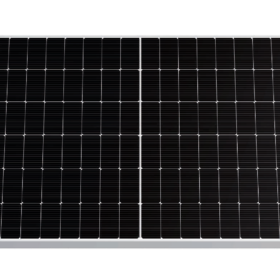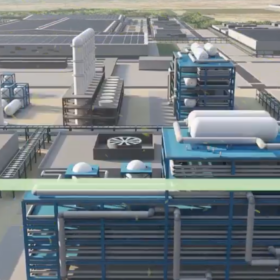Sharp unveils all-black 420 W TOPCon solar panel with 21.51% efficiency
Sharp’s new IEC61215- and IEC61730-certified solar panels have an operating temperature coefficient of -0.30% per degree Celsius, with 21.51% efficiency.
The Hydrogen Stream: Gulf nations moving forward with tech cooperation
Acwa Power and Eni have signed a hydrogen development deal, while AFC Energy has signed an agreement with Tamgo to sell hydrogen generators.
Selenium solar cell built with laser-annealing achieves record fill factor of 63.7%
Built by Danish researchers, the device also achieved a power conversion efficiency of 5.0%. They designed the cell with a soda-lime glass substrate, a tin oxide (FTO) layer, an electron transport layer made of titanium oxide (TiO2), a selenium absorber, a molybdenum oxide (MoOx) layer, and a gold (Au) metal contact.
Redesigned zinc-air batteries ‘better’ than lithium, say Australian researchers
Researchers at Edith Cowan University in Australia have redesigned zinc-air batteries and have found the technology to be preferable to lithium-ion batteries – even for electric vehicles.
Google to sell rooftop solar mapping data
New application programming interfaces (API) datasets from Google are designed for solar marketplace websites, solar installers, software-as-a-service (SaaS) developers, and users looking to understand the rooftop solar potential of particular addresses.
The Hydrogen Stream: Hydrogen buses less efficient than battery models
Italian researchers have compared the performance of hydrogen and electric buses in northern Italy, while DNV has released its guidelines to validate claims related to low-carbon renewable hydrogen and ammonia attributes.
Toyota Kirloskar Motor unveils electrified flex-fuel car in India
The prototype car features a flex-fuel engine and an electric powertrain and adheres to India’s stricter emission standards, BS 6 (Stage II).
Technip Energies, IIT Madras collaborate on energy research
Technip Energies has joined hands with The Energy Consortium at the IIT Madras to develop new technologies in the energy segment.
Scientists outline innovation pathways for PV technologies
Continued innovation in PV cell technology will have major impacts as PV is deployed at “multi-terawatt scale” over the next two decades, says a global team of scientists.
Reliance chairman outlines plans for HJT solar modules, sodium-ion batteries
Mukesh D Ambani, the chairman and managing director of Reliance Industries, says the company aims to open a fully integrated solar gigafactory by the end of 2025. It also plans to initiate megawatt-level sodium-ion cell production by 2025.

